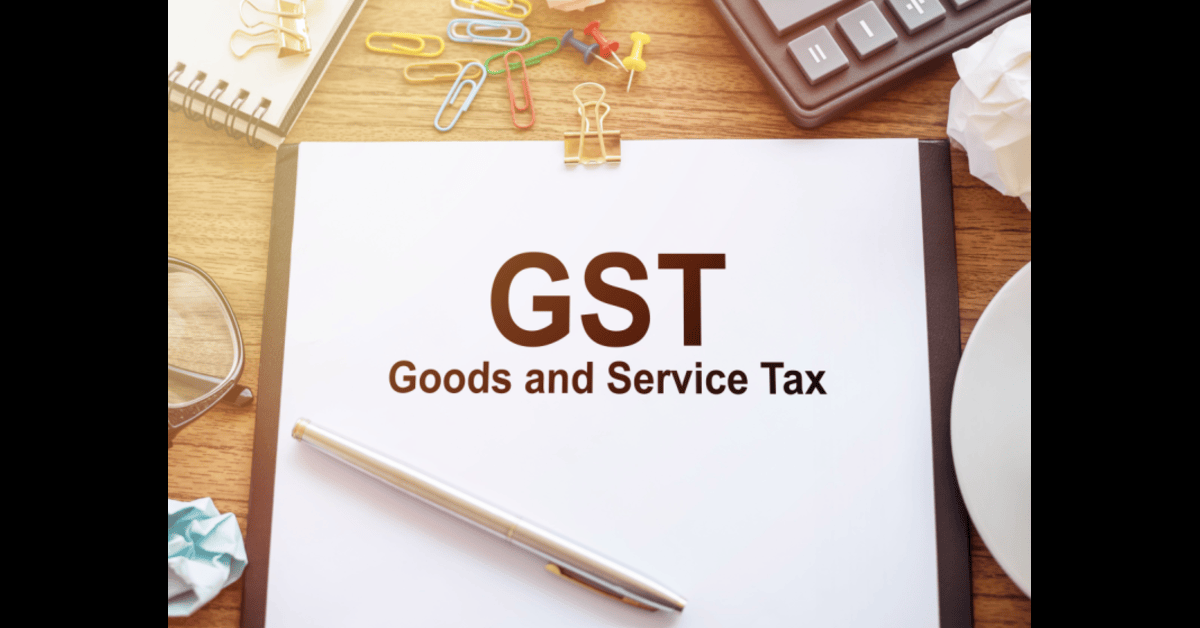GST Alert: 18% Tax on Apartment Maintenance Above ₹7,500-What Residents Must Know

Apartment living has become the norm in urban Karnataka, and with that comes a new tax reality that is catching many residents off guard. Housing societies are now under the GST radar, as the government enforces stricter compliance on maintenance-related collections.
According to chartered accountant Sanjay Dhariwal, the rule is clear that if a housing society collects ₹7,500 per apartment per month, or if the total annual collections exceed ₹20 lakh, GST at 18% becomes applicable — no exceptions. This includes routine monthly fees and one-time or occasional charges like repainting the building or installing a new lift.
- GST at 18% applies on apartment maintenance if monthly charges exceed ₹7,500 or annual collections cross ₹20 lakh.
- Over 50 lakh people in Bengaluru and 40 lakh across other Karnataka cities may be affected.
- Misconception alert: Many believe the GST rate is 5%, but it’s 18%.
- Housing societies registering for GST must file two monthly and one annual returns.
- Associations can pay ₹500 at the Commercial Tax office to check their GST applicability.
Bengaluru alone is home to an estimated 50 lakh apartment dwellers, and another 40 lakh are spread across Mysuru, Mangaluru, Hubballi, and Belagavi. The implications are massive—and potentially expensive.
Many residents are scrambling to decode the rules, often assuming a 5% GST rate, only to be shocked when they discover it’s 18%. For a society collecting ₹20 lakh a year, this translates into ₹3.6 lakh in annual GST, or ₹36 lakh over 10 years.
Common Misconception: 5% GST?
Many residents assume a 5% GST rate, but the reality is often 18%.
Let’s break it down:
| Annual Collection | Assumed GST (5%) | Actual GST (18%) | Difference Over 10 Years |
| ₹20 lakh | ₹1 lakh | ₹3.6 lakh | ₹25.6 lakh |
But it’s not just about the tax itself — the compliance burden is a whole different ball game. Societies registering for GST must file two monthly returns (on the 11th and 20th) and an annual return. Hiring professionals to help with this could cost ₹1–2 lakh annually, adding to the stress for volunteer-run resident welfare associations (RWAs).
“Once registered, you can’t afford to miss a beat,” said Dhariwal. “Even if your association isn’t registered under the Cooperative Societies Act, GST compliance is still mandatory if you meet the income threshold.”
Input Tax Credit: A Silver Lining?
Housing societies registered under GST can claim Input Tax Credit (ITC) for:
- Security services
- Housekeeping
- Repairs and maintenance
People who are unsure about their society’s status can visit the local Commercial Tax Office, pay ₹500, and request an official GST applicability certificate. This has become a go-to step for many associations trying to avoid penalties and stay within legal bounds.
As maintenance bills rise in tandem with the cost of living, GST compliance is fast becoming a critical issue for housing societies in Karnataka. What was once a quiet, community-led affair is now edging into the domain of professional accountancy and regulatory oversight. For apartment residents, the message is clear: it’s time to get those financial books in order — or risk paying the price.
FAQs
1. When does GST apply to apartment maintenance charges?
GST at 18% applies if your apartment’s monthly maintenance fee is ₹7,500 or more, or if your housing society’s total annual collections exceed ₹20 lakh — even if part of that is collected for one-time expenses like painting or lift upgrades.
2. Is the GST rate on apartment maintenance 18%?
While many assume it’s 5%, the actual GST rate is 18% for housing society maintenance charges that cross the defined thresholds.
3. Does GST apply even if our housing society isn’t registered with the Cooperative Department?
Yes, GST applies purely based on the income threshold, not registration status with the Cooperative Department. If your society’s collection meets the GST criteria, compliance is mandatory.
4. What compliance is involved once a society is registered for GST?
Societies registered under GST must file two monthly returns (on the 11th and 20th) and one annual return. This often requires professional help and can add ₹1–2 lakh in compliance costs annually.
5. Can our society benefit in any way by registering under GST?
Yes. One advantage is that your society becomes eligible for input tax credit. You can claim GST paid on services like security, repairs, housekeeping, etc., which helps reduce the net tax burden.6. How can we determine if GST applies to our apartment complex?
You can visit your local Commercial Tax office, pay a fee of ₹500, and request an official letter stating your society’s GST applicability status. This is a good way to get clarity and avoid future penalties.